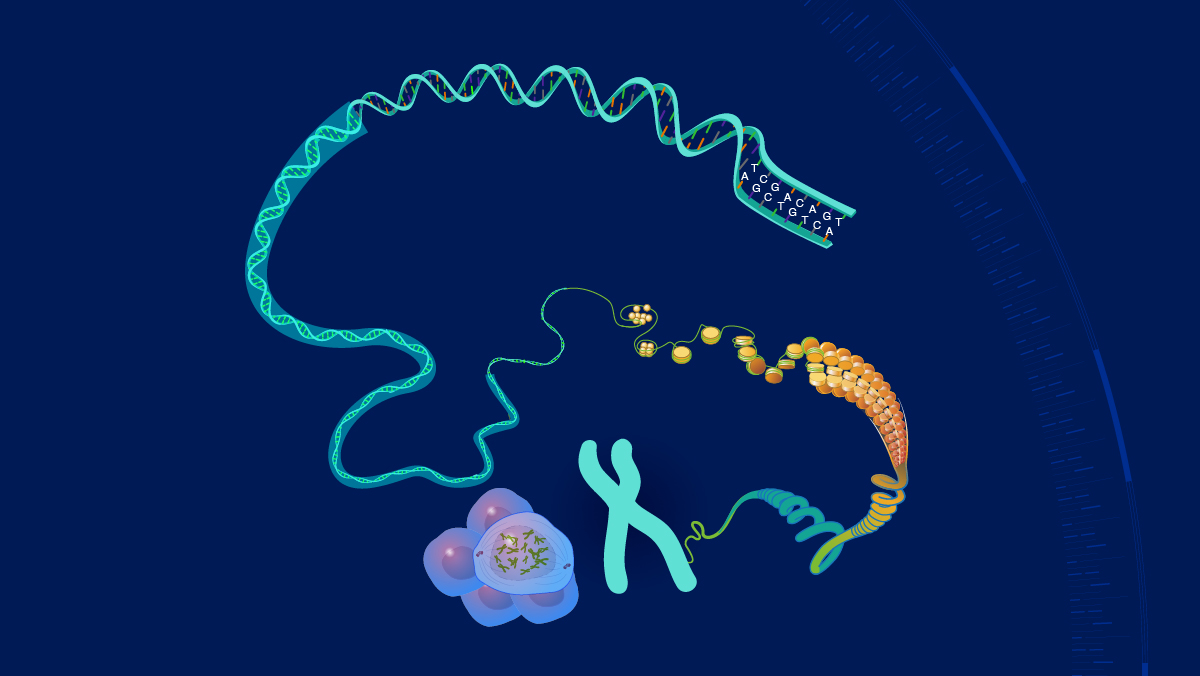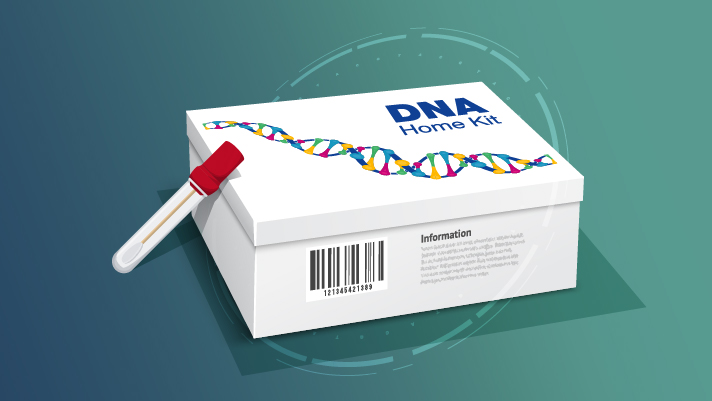NHGRI publishes new fact sheets on genomics
In the January issue of The Genomics Landscape, I reported that Francis Collins had returned to NHGRI on a full-time basis as a Senior Investigator in our Intramural Research Program. Well, his full-time status with the Institute did not even last three months! In the middle of February, Francis agreed to serve as the Acting Science Advisor to President Biden and Acting Co-Chair of the President’s Council of Advisors on Science and Technology. As he did throughout his almost 12 years as NIH Director, Francis will continue to direct his NHGRI-based research laboratory while providing continued service to our country in yet another crucial scientific leadership role. Thank you, Francis!
Recently, the NHGRI Communications and Public Liaison Branch developed a more user-friendly “one-stop-shop” for staying connected with me and NHGRI. The new website provides a convenient way to navigate to specific pages dedicated to The Genomics Landscape and my Twitter feed, NHGRI’s 2020 Strategic Vision and brochure, the Institute’s popular GenomeTV channel of YouTube, and our History of Genomics Program’s set of oral histories. And if those sites are not what you are looking for, you can also find links to selected talks of mine as well as some of my recent podcasts and op-eds. I hope people find this new website helpful when trying to stay connected with me and NHGRI.
NHGRI is hosting a virtual workshop on April 6-7, 2022, titled “Future Directions in Genomics and Health Equity.” The goal is to identify research gaps and opportunities that will help to decrease health disparities and improve health equity in genomics. The workshop will emphasize the scientific value of diversity and inclusion as well as identify and prioritize future research needs in genomics to advance health equity. This event is open to the public, but registration is required. The agenda and registration link can be found on the workshop webpage.
All the best,
![]()
In This Issue
- NHGRI publishes new fact sheets on genomics
- NHGRI funding opportunities support small businesses
- New resource for healthcare professionals focused on direct-to-consumer genetic testing
- NIH-sponsored study will examine use of human population descriptors in genomics research
- NHGRI TiDHE Office appoints new staff
Genomic Data Sharing Spotlight
In 2018, the NHGRI funded the creation of the Genomic Data Science Analysis, Visualization, and Informatics Lab-space (AnVIL) through cooperative agreements to the Broad Institute and John Hopkins University. AnVIL provides scalable infrastructure, tools, workflows, and training and educational opportunities to facilitate diverse and large-scale genomic-based analyses in a cloud environment. By inverting the traditional model of downloading data, AnVIL eliminates the need for a siloed computing infrastructure and instead makes data accessible in the cloud for users everywhere. Thus, it democratizes access to data for a wider group of researchers and lowers the barrier for large-scale computational research.
In four years, AnVIL has onboarded 4 petabytes of data. That is the equivalent of over 26 billion photos on Facebook. Major research programs whose data are now available in AnVIL via open or controlled access are: 1,000 Genomes, Centers for Common Disease Genomics, Centers for Mendelian Genomics, Whole Genome Sequencing in Psychiatric Disorders, Convergent Neuroscience, the Genotype-Tissue Expression project, Human Pangenome Reference Consortium, Population Architecture Using Genomics and Epidemiology Consortium, and the Telomere-to-Telomere consortium. In addition, AnVIL has recently integrated seqr (an open-source, web-based platform for family-based monogenic disease analysis) into its suite of tools, which also includes familiar tools and workflows, such as those in Bioconductor, Dockstore, Jupyter, and Galaxy.
Are you accessing AnVIL resources for your research? We want to hear from you. Please share recent publications, plans, and innovative workflows with nhgrigds@nih.gov. You may see your research highlighted in a future issue of this newsletter!

About The Genomics Landscape
A monthly update from the NHGRI Director on activities and accomplishments from the institute and the field of genomics.
Last updated: March 3, 2022





